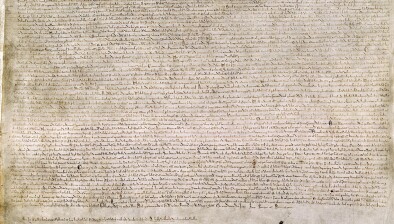England: Study finds pre-recorded evidence hampers prospects of rape complainants

Pre-recorded evidence could harm a complainant’s chance of securing a conviction in rape cases, new research shows.
A study led by Professor Cheryl Thomas KC at University College London found there were 20 per cent fewer rape convictions in such cases.
Special measures were introduced in 2016 under Section 28 of the Youth Justice and Criminal Evidence Act 1999.
In 2021, they were expanded to adult rape complainants in a new policy intended to increase the number of cases coming to trial.
The study, which looked at conviction rates in cases of both child and adult complainants from 2016 onwards, found there were 10 per cent fewer conviction in trials that used special measures. In the case of rape convictions were 20 per cent lower.
Professor Thomas said Section 28 “may need reform”.
“It would be prudent for police and the Crown Prosecution Service to routinely advise witnesses of lower conviction rates,” she said, because of “such a strong and consistent correlation between the use of Section 28 evidence and lower jury conviction rates”.










